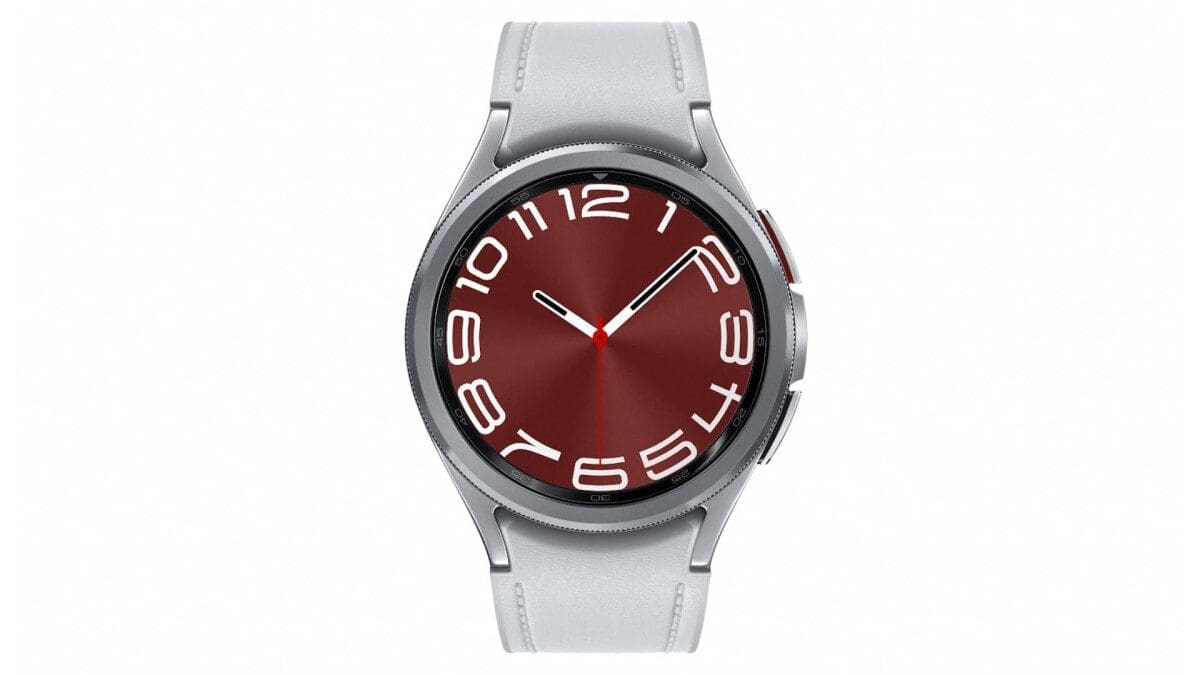Galaxy Watch Series Partners with University of Michigan for Health Research
The Galaxy Watch series is on an academic quest to further enhance its health data-gathering capabilities. Samsung is teaming with the University of Michigan and its Exercise & Sport Science Initiative (ESSI) for an 8-month practical research.
Numerous participants will be put through different challenges and will run both indoor and outdoor distances, ranging from 1.5 to 12.5 miles (2.5 to 20 km). While running for the university researchers, they will wear Galaxy Watch devices and let them gather as much data as possible.
This substantial research partnership will be overseen by the Michigan Performance Research Laboratory (MiPR), which is ESSI’s core research lab. The study will compare reference data against the data from the Galaxy Watch devices on VO2 max and sweat loss measurements. In order to cover all typical running scenarios, it will include both indoor (treadmill) and outdoor running trials of different distances, so that extensive knowledge is obtained. Participants that use the Galaxy Watch series will also get their weight change tracked, as this is an important aspect of the running process. Sweat loss, dehydration, and heat management are intertwined and the Samsung and University of Michigan teams hope the study’s findings will be significant. The goal of this academic research is to provide more reliable and accurate data for smartwatch owners in terms of gathering health statistics and body insights.
Photo copyright – Regents of the University of Michigan. Eric Bronson/Michigan Photograph
Here’s what Hon Pak, Vice President and Head of the Digital Health Team, MX Business at Samsung Electronics, says:
Samsung is committed to providing more meaningful health insights via our collaborations with industry leaders and academic institutions. We are excited to partner with the University of Michigan’s Exercise & Sport Science Initiative – expert in the fields of fitness and sports health – in an effort to bring even more meaningful insights to those runners who rely on the Galaxy Watch series for accuracy and personalized motivation.
Ken Kozloff is the co-director of ESSI and is excited to work with Samsung and says that the participant enrollment and data collection are already underway thanks to an enthusiastic response from local runners in the city of Ann Arbor:
Ann Arbor is home to a robust running community, with community-based runners up to Olympic contenders. For the Michigan Performance Research Laboratory, the opportunity to work with Samsung, and leverage the advanced sensors and health and wellness trackers from one of the most popular smartwatches, gives added credibility to our research. It’s exciting to participate in a study that positively impacts our community, and we’ve had an overwhelming response from subjects looking to learn more about themselves that they can apply to their training.
The Galaxy Watch 6 series brings new features
Unveiled at the July Samsung Unpacked event, the Galaxy Watch 6 and Galaxy Watch 6 Classic brought the new Personalized Heart Rate Zone feature: it analyzes the user’s physical capabilities and establishes five optimal running intensity levels. Keep in mind that in order to update the ranges of each Heart Rate zone for running based on cardiopulmonary capabilities, it is required to run outdoors for more than 10 minutes with a constant speed of 4km/h or faster. Additionally, Track Run allows runners to record their runs: the smartwatch provides in-depth analysis including asymmetry, regularity, and ground contact time to help improve performance and reduce injury.
Who is on the research teams?
Samsung chose the MiPR lab for this study given its established relationships within the wearable tech industry and running community, as well as the unique skill sets of its researchers. Co-PIs Adam Lepley, associate director – research; Alexandra DeJong Lempke, associate director – academics; and Ken Kozloff, co-director of ESSI, bring expertise in sports medicine, running-related injury, and performance, wearable tech, and applied/translational research. The ESSI MiPR lab has collaborated with the University of Michigan Athletic Department, multiple professional sports organizations, and industry leaders to derive meaningful insights from wearable technology that can be applied to sport and exercise.









